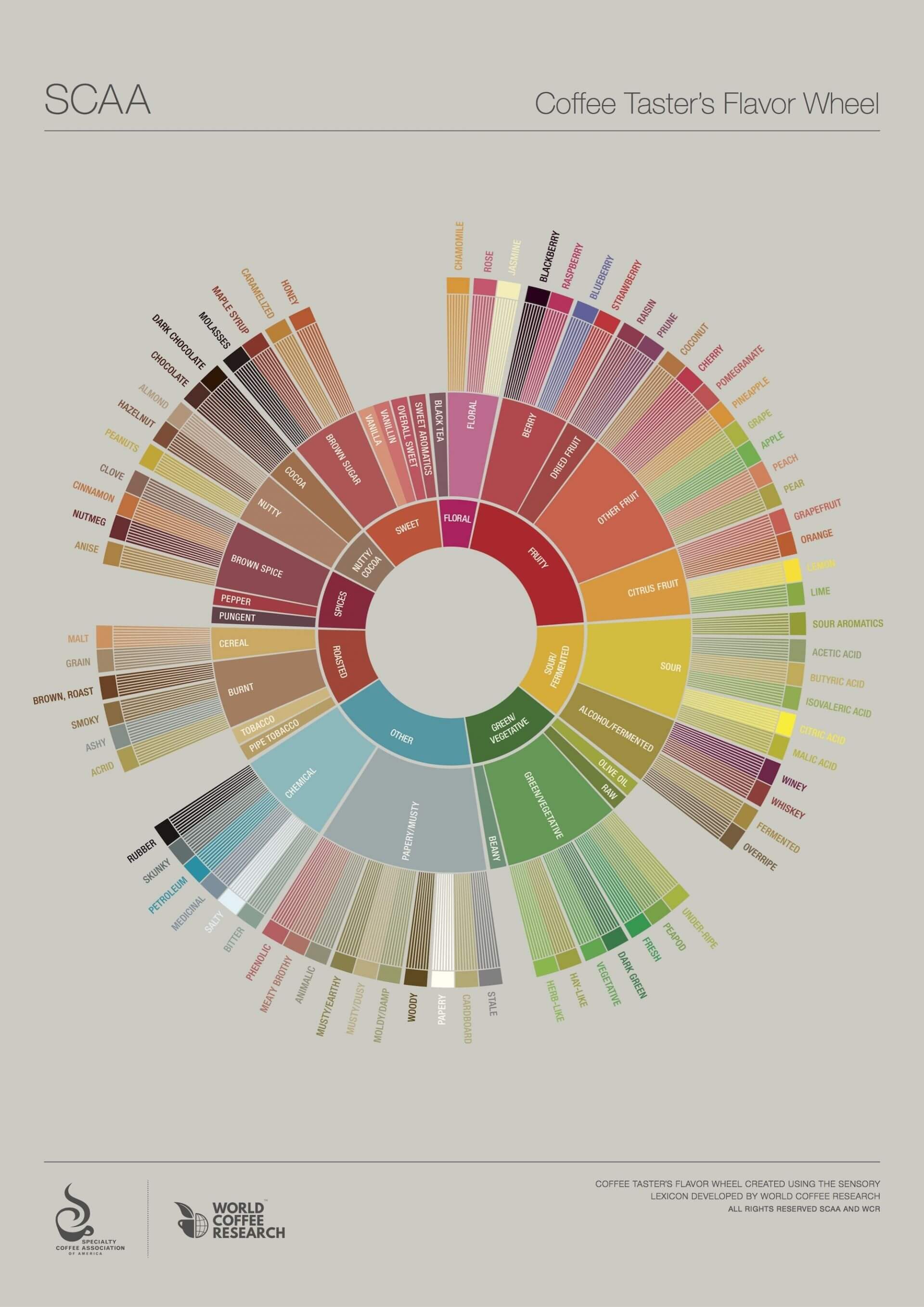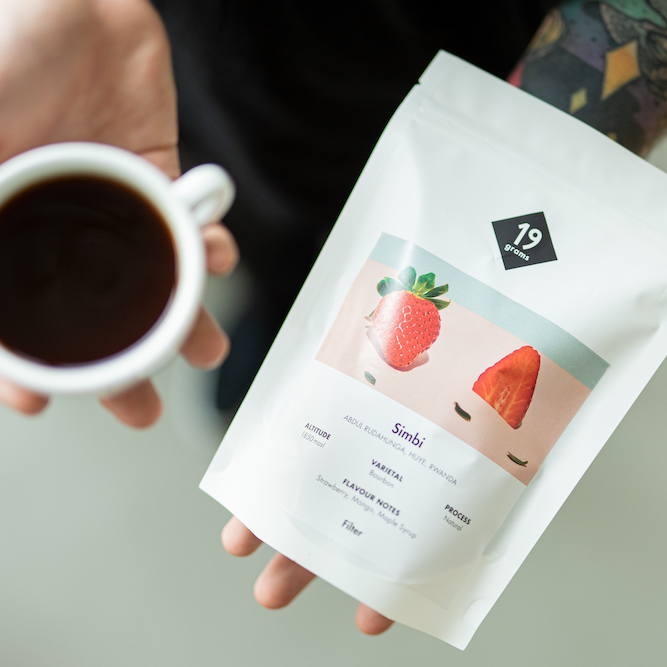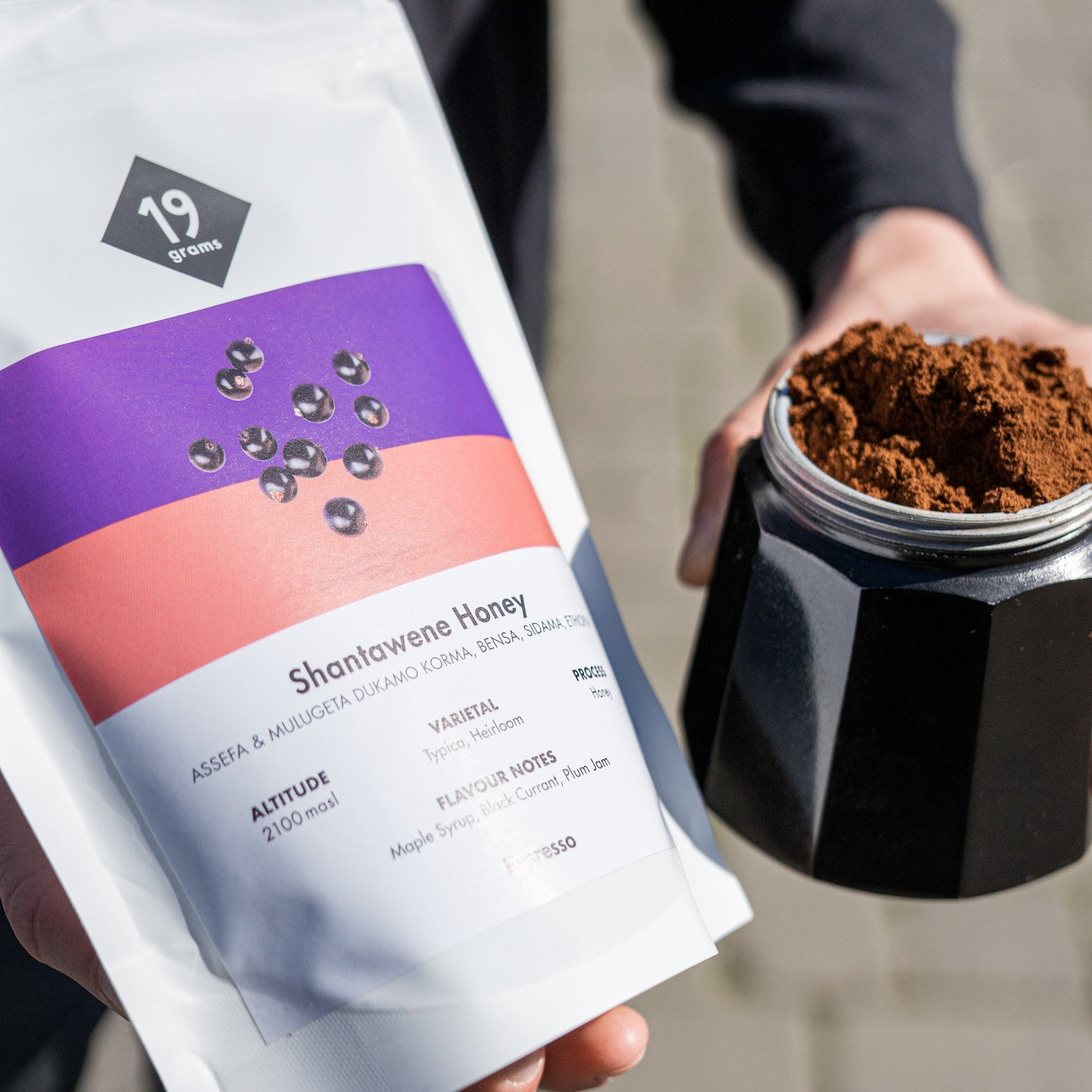Bitter substances are an essential component of coffee and contribute to a comprehensive taste experience. Scientists have found out that caffeine alone is not responsible for the "bitter aftertaste", but that many different factors influence it.
The roasting of the coffee bean plays a decisive role, as does the preparation of the coffee. But how do the bitter substances in coffee come about? Many coffee lovers believe that caffeine is the main source of bitterness and contributes significantly to the bitter aroma. However, scientists have found that only about 15% of coffee's bitterness is actually due to caffeine. So it's no wonder that even decaffeinated coffee can taste bitter.
Most of the bitter substances in coffee are antioxidants that are produced during the processing of the raw coffee bean. The basis for this is the chlorogenic acid contained in the green coffee beans.
The roasting of the coffee bean is one of the decisive influences on the bitter taste of the hot beverage. The stronger the coffee bean is roasted, the more bitter its taste. During roasting, the naturally occurring chlorogenic acids in the coffee bean produce antioxidants that cause the bitter aroma. Espresso beans are naturally more bitter than less dark roasted coffee beans because of their roasting. Another factor is the correct preparation of the coffee. Water that is too hot, too long a brewing time or too much coffee powder can lead to over-extraction. If a coffee from a fully automatic coffee maker tastes too bitter, this is often due to the settings.
However, it is not only the roasting that influences the bitter aroma of coffee, but also the preparation plays a major role. A particularly large number of bitter substances are produced when coffee is prepared under high pressure and at high temperatures, as in the case of an espresso, for example. For a mild coffee, the powder should not be ground too finely. Ideally, the water temperature should not exceed 95 degrees Celsius, as coffee is brewed and not boiled. The amount of coffee powder used also influences the aroma. For a mild coffee, it is advisable to use a little more powder, as the bitter substances are then not dissolved out as quickly. There are many factors that ultimately contribute to the coffee's bitter aroma. By the way, the Arabica bean is generally somewhat milder than the Robusta bean and therefore better suited for mild coffee enjoyment.
The bitter substances in coffee are not only important for the overall flavour of the coffee, but can also have a positive effect on the human body. They contribute to fat burning and digestion and are therefore better than their reputation. A dash of milk in the coffee makes the bitter substances more tolerable and adds to the enjoyment of the coffee.




